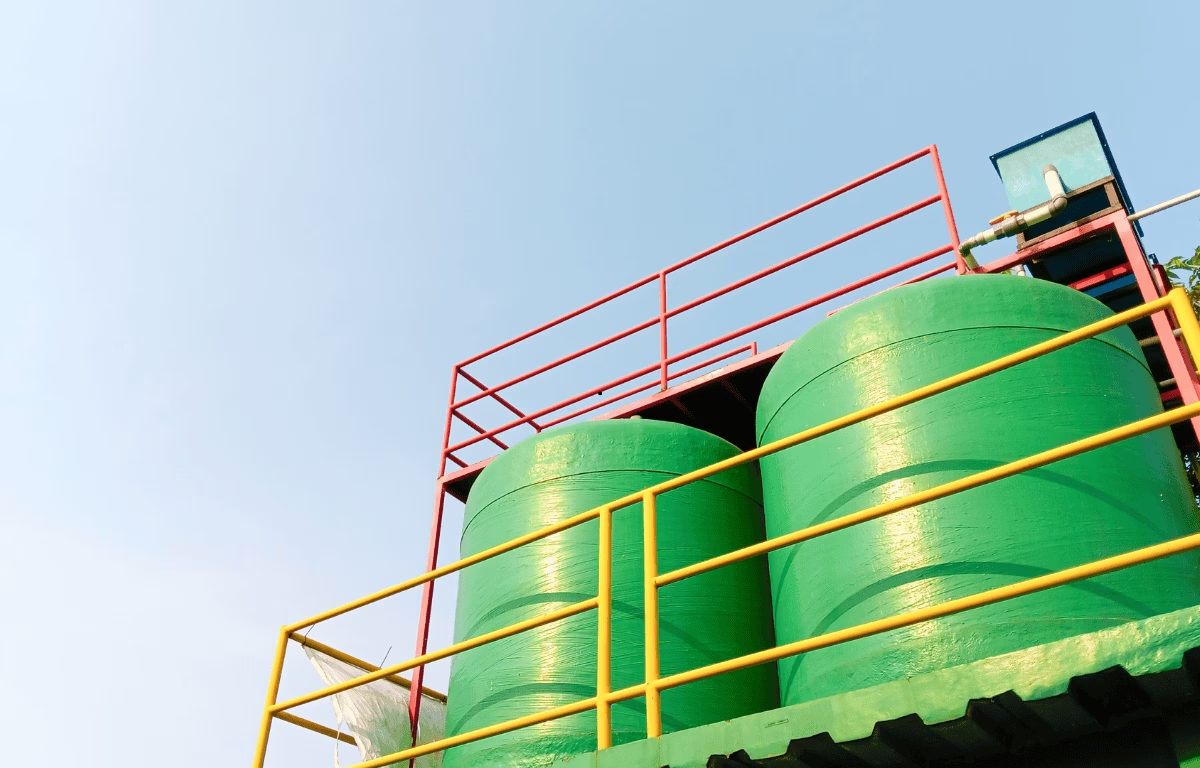Chemical processing plants face harsh environments daily. Acids, alkalis, and extreme temperatures wear down equipment. Failures lead to costly downtime and safety risks. Enter vinyl ester resins—the superhero material for alkali and acid resistance. This blog dives into why these resins are vital for chemical processing, how they work, and where they shine.
What Are Vinyl Ester Resins?
Vinyl ester resins bridge the gap between polyester and epoxy resins. They combine epoxy’s strength with polyester’s easy processing. Their molecular structure includes reactive groups that resist chemicals. This makes them perfect for tanks, pipes, and linings in corrosive settings.
Developed in the 1960s, vinyl esters now dominate industries needing durability. Their secret? A flexible backbone that absorbs stress without cracking. Unlike brittle materials, they bend under pressure. This flexibility prevents leaks and extends equipment life.
Why Vinyl Ester Resins Excel in Alkali Resistance
Alkaline environments, like those in soap manufacturing or wastewater treatment, destroy weak materials. Vinyl ester resins thrive here. Their ester groups are less prone to hydrolysis, a common failure point in alkalis.
For example, sodium hydroxide (NaOH) quickly degrades standard plastics. Vinyl esters resist saponification—the chemical reaction that breaks down esters in strong bases. Lab tests show they withstand pH levels above 12 for years. This makes them ideal for alkali storage tanks and scrubbers.
Their cross-linked structure also blocks alkali penetration. Even under high heat, the resin matrix stays intact. Factories using vinyl ester linings report 50% fewer replacements compared to fiberglass alternatives.
Acid Resistance: A Game-Changer for Chemical Processing
Acids like sulfuric or hydrochloric eat through metals and polymers. Vinyl ester resins fight back with superior acid resistance. Their tightly packed molecules repel corrosive liquids. Even concentrated acids struggle to penetrate the surface.
In chloride-rich settings (e.g., pickling plants), stainless steel often corrodes. Vinyl ester coatings create a barrier, reducing maintenance costs by 30%. They also handle temperature swings—from freezing nitric acid to boiling phosphoric acid—without losing integrity.
Case studies highlight their use in acid storage tanks. One plant switched to vinyl ester-lined tanks and saw leaks drop by 90% in two years. The resins’ ability to cure quickly also speeds up repairs during shutdowns.
Top Applications in the Chemical Processing Industry
Vinyl ester resins aren’t just lab curiosities. They’re workhorses in real-world scenarios:
- Storage Tanks: Lining interiors to hold acids, alkalis, and solvents.
- Piping Systems: Preventing corrosion in chemical transfer lines.
- Scrubbers & Reactors: Withstanding aggressive gases and high temps.
- Flooring: Creating non-porous surfaces that resist spills.
- Wastewater Treatment: Surviving pH fluctuations and biofilms.
In offshore oil rigs, vinyl esters protect pipes from seawater and hydrogen sulfide. Their lightweight nature also cuts installation costs versus metal alloys.
Advantages Over Other Corrosion-Resistant Materials
Why pick vinyl esters over stainless steel or fiberglass? Here’s why:
- Cost-Effective: Cheaper than titanium or high-nickel alloys.
- Easy Fabrication: Can be molded into complex shapes.
- Quick Cure: Reduces downtime during repairs.
- Low Maintenance: No frequent recoating needed.
- Versatility: Works with carbon fiber or glass reinforcements.
While epoxies crack under thermal cycling, vinyl esters flex. Compared to polyesters, they offer 3x better chemical resistance. These perks make them a top choice for budget-conscious plants.
Best Practices for Using Vinyl Ester Resins
Maximize performance with these tips:
- Surface Prep: Clean and dry surfaces before application.
- Layer Thickness: Apply 2-3 layers for optimal barrier effects.
- Curing Conditions: Follow temperature/humidity guidelines.
- Reinforcements: Use glass mat or carbon fiber for added strength.
- Inspections: Check for blisters or cracks annually.
Avoid mixing resins from different brands. Always consult technical datasheets for chemical compatibility. Partnering with experienced fabricators ensures proper installation.
Conclusion: Future-Proof Your Chemical Equipment
Vinyl ester resins are unmatched for alkali and acid resistance in chemical processing. They slash costs, boost safety, and extend equipment life. As industries face stricter environmental laws, these resins offer a sustainable fix.
Ready to upgrade your plant’s defenses? Invest in vinyl ester solutions today—and say goodbye to corrosion headaches tomorrow.
COMPANY INFO
Website: www.crestresins.com
Phone: +91 9879233188
Email: enquiry@crestresins.com
Address: 605/A, 6th Floor, Tower D, Times Square Grand Office, Sindhubhavan Marg, Near Taj Hotel, Ahmedabad, Gujarat – 380059

